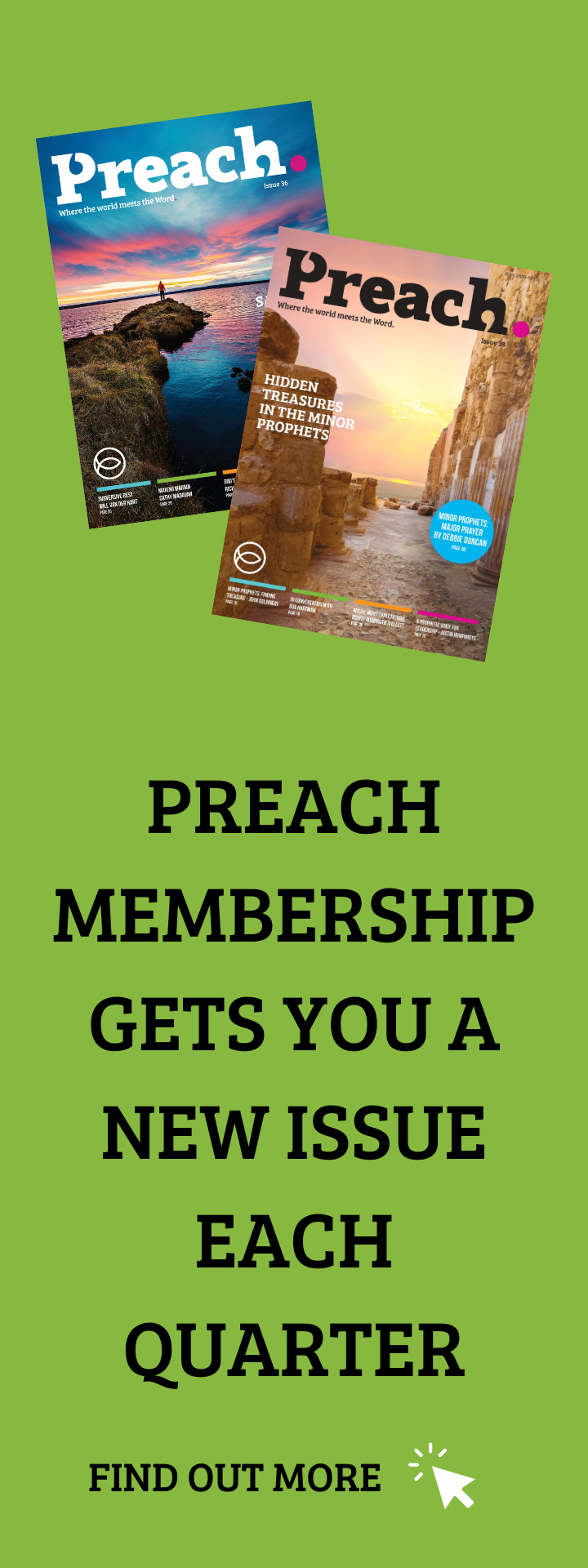American Prometheus: Oppenheimer, Kai Bird and Martin J. Sherwin
/REVIEWER: Martyn Whittock
Oppenheimer
BOOK: American Prometheus: The triumph and tragedy of J. Robert Oppenheimer
Kai Bird and Martin J. Sherwin
(Atlantic books; June 2023) 736pp, paperback
The widely acclaimed film Oppenheimer (in cinemas summer 2023) was inspired by a hefty brick of a book. There is so much to say and understand about a person whose work – both individually and as a member of a team – had such a profound influence on the course of world history since 1945. Its effects are still very much with us, in a world where nuclear weapons still pose an existential threat to life.
The life of Oppenheimer
In this Pulitzer-Prize-winning book, we explore the origins, development, relationships, achievements, and crises in the life of Oppenheimer. It is not an easy read but an essential one. And for those readers who – like this reviewer – do not have a background in science, the narrative is never lost in specialist detail.
The question of power
The Promethean reference in the book’s title alludes to Greek myth. Prometheus was punished by the gods for stealing fire from Mount Olympus and giving it to humans. He became associated with human striving for knowledge which led to overreaching. In comparison, Oppenheimer and the Manhattan Project team at Los Alamos, delved into the structure of the universe to create a product of enormous power – which was (like Prometheus’ fire) also capable of cataclysmic effects in the hands of those who used it. Like Prometheus, Oppenheimer’s life swung from triumph to tragedy, as he faced the consequences of his actions and sought to manage them. Oppenheimer lost his security clearance in 1954, in a storm of controversy and high-level manoeuvring against him. This was because of both his past Communist connections, and his expressing deep anxiety over what he considered US failure to manage atomic weaponry on an international level (to prevent proliferation).
The book leaves us with pressing questions. How justified was the use of atomic weapons in 1945? How realistic were hopes of nuclear containment in a Cold War world? How far should Oppenheimer have been surprised by the use and abuse of what he had helped create? Read the book – and decide.
Reviewer: Martyn Whittock is a historian, columnist, commentator, and Licensed Lay Minister in the Church of England. He is the author, or co-author, of fifty-five books, on a wide range of historical and theological themes.







